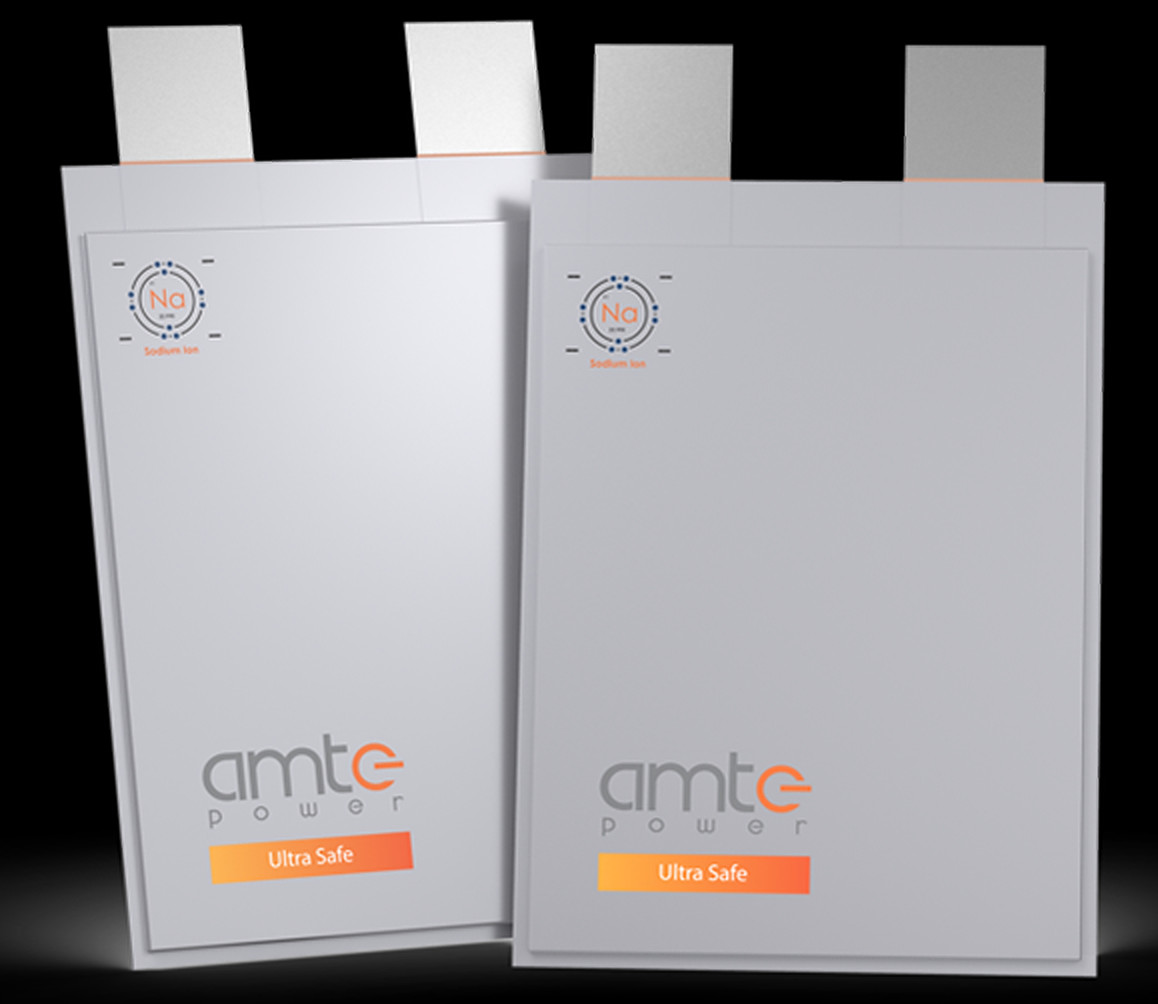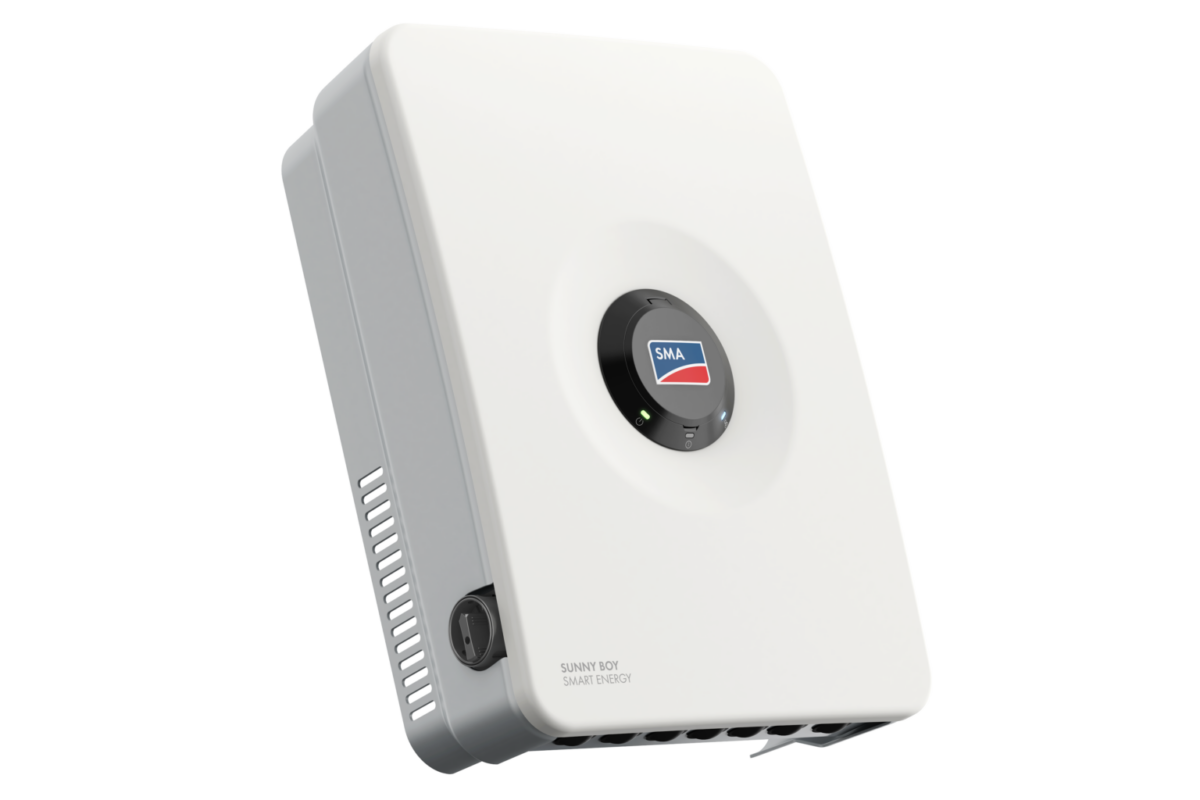UK-based battery manufacturer AMTE Power, battery intelligence tech provider Brill Power and energy management system specialist Starke Energy will demonstrate their latest energy storage technologies at a commercial-scale testbed at Harwell Campus, in Oxfordshire, England. The three technologies will be integrated into a battery storage system which will be coupled with the Science and Engineering Facilities Council’s on-site solar array at the campus, with no further details on these systems specified.
The testbed will demonstrate AMTE's sodium-ion battery module using Brill Power’s battery intelligence technology to ensure optimal battery usage, lifetime, performance, and safety and Starke Energy's energy management system, which links stored energy into the electricity grid and markets. This is the first time that these technologies are being deployed in a commercially relevant project.
The energy storage system at Harwell is expected to be in operation from March this year and will run for a minimum of 12 months. In the project’s first phase AMTE Power will deploy lithium-ion cells before switching to use the company’s Ultra Safe sodium-ion cell technology in the second demonstration phase of the project.
“The ability to test our new products in a commercial operating environment is invaluable. Having access to the Hardwell site will accelerate the time to market for our new energy products incorporating our Ultra Safe cells” said John Fox, director of business development at AMTE Power.
Ultra Safe
Last year, AMTE Power entered into a licensing deal with Sheffield-based Na-ion battery specialist Faradion, which was recently acquired by India-headquartered multinational Reliance Industries. Under the collaboration deal between the two U.K.-based companies, AMTE Power was given a license for defined fields of use and geographies to manufacture and sell sodium-ion cell for stationary energy storage systems.
The idea behind the partnership was to use Faradion’s patented technology and leverage AMTE Power’s existing lithium-ion manufacturing facilities in Thurso, Scotland. AMTE Power has branded its sodium-ion product Ultra Safe due to improved safety and enhanced thermal stability, whereas Faradion’s patented zero-volt tech has enabled the Ultra Safe product to offer safer transportation and maintenance options for customers and users.
Faradion’s technology is said to provide similar performance to ubiquitous li-ion chemistry, while being more sustainable and affordable. Its technology is highly scalable and applicable in various fields, such as transportation, storage, backup power, and energy in remote locations. Set up in 2010, the company has developed an extensive IP portfolio to cover numerous aspects of Na-ion technology, focusing on three key areas: cell materials, cell infrastructure and safety and transportation.
Faradion says its Na-ion cells can be made on existing commercial Li-ion manufacturing lines. The operating temperature range is -30 to +60 degrees. “Our cell chemistry provides world-leading cell-specific energy of 150-160 Wh/kg for sodium-ion,” Faradion CEO James Quinn told pv magazine last year.
The project will also feature Oxford University spin-out Brill Power’s battery intelligence technology, which is supported by its proprietary battery monitoring and analytics software platform and said to be capable of improving all aspects of advanced battery systems, including performance, cost of ownership, reliability and safety. “This testbed will enable us to integrate our technology with other cutting-edge battery innovations and collect real-world data on a commercially relevant site,” said Brill Power CEO and co-founder Christoph Birkl.
Starke Energy’s energy management system will integrate the battery system with the local energy network at Harwell. The system, using artificial intelligence, learns how much energy is being produced by renewable sources, and how much is being used to optimize the storage and release of energy across a network of connected intelligent batteries.
The Harwell project is part of the Interreg North-West Europe STEPS program, which is providing financial backing and supporting small and medium-sized businesses to accelerate their market readiness. Under the program, AMTE, Brill and Starke have benefited from expert support provided by UK STEPS partners Cambridge Cleantech and the Faraday Institution. This has included tailored testing, introductions to potential end-users and market knowledge to strengthen the competitiveness of their products.
The Harwell testbed is one of 20 testbeds being developed throughout North-West Europe by a variety of SMEs, including a second in the UK at Allia’s Future Business Centre in Cambridge. It will use a battery system from English manufacturer Aceleron, which claims to offer world's most sustainable lithium-ion batteries.
This content is protected by copyright and may not be reused. If you want to cooperate with us and would like to reuse some of our content, please contact: editors@pv-magazine.com.




Sodium ion battery gives 150 wh / kg , so car will need 50 kwh , weighing 333 kg battery pack !